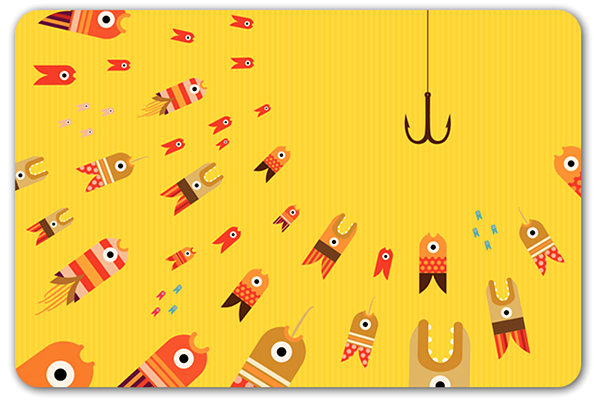One for human beings and laymen; the other for search engines and insiders.
One of the greatest daily struggles faced by every professional, in every field, is to resist the allure of argot. That is, we think it’s easier and quicker to use jargon than it is to spell out and explain what a familiar word means.
This idea is hard to argue with, especially when we’re writing for people who are as knowledgeable about the given topic as we are. Yet even in those esoteric cases, it’s often better to use plain language.
This principle is particularly important when it comes to headlines, or titles. In general, your headline should speak to the public; you want to avoid insiderism. Let me explain by way of an article from last week’s Time magazine.



